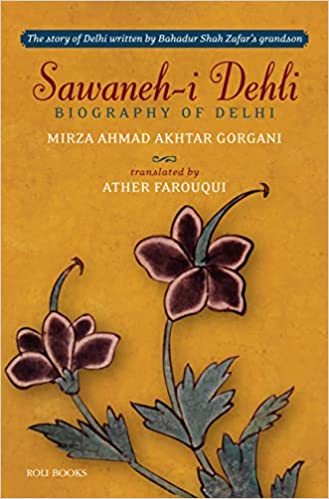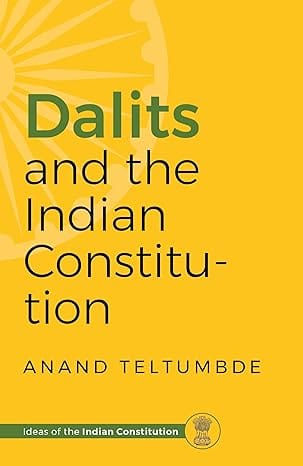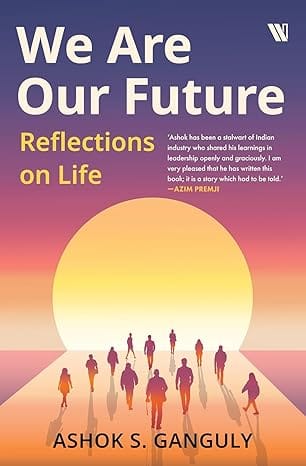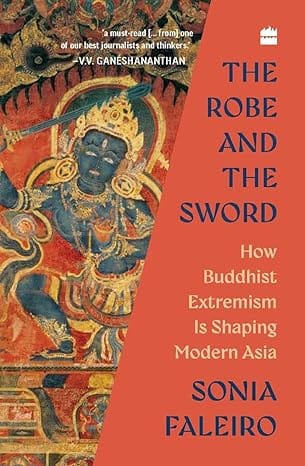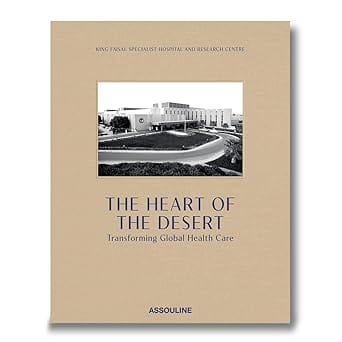- Non-ficton
- Non-ficton
- Contemporary Fiction
- Contemporary Fiction
- Children
- Children
- Comics & Graphic Novels
- Comics & Graphic Novels
- Non-Fiction
- Non-Fiction
- Fiction
- Fiction
First published in 1894, Sawaneh-i Dehli, or the Biography of Delhi, is a graphic and dramatic first-hand account of life on the streets of Delhi penned by Mirza Ahmad Akhtar Gorgani, grandson of Bahadur Shah Zafar, the last Mughal Emperor of India.
From being the abode of gods where lying and dying was supposed to be a blessing to becoming the imperial city facing decline and ruin in the early nineteenth century, Sawaneh-i Dehli – written by a great admirer of the British Empire – offers a glimpse into one of the oldest cities in the Indian subcontinent.
Review
About the Author
Presently, he is the General Secretary of the oldest Urdu organization, Anjuman Taraqqi Urdu (Hind) established in 1882. A PhD from Jawaharlal Nehru University (JNU), he is firmly of the view that the enhancement of civil society is the only answer to the scourge of religious madness in the country.
- Home
- Non-Fiction
- Sawaneh-i Dehli Biography Of Delhi
Sawaneh-i Dehli Biography Of Delhi
SIZE GUIDE
- ISBN: 9789392130137
- Author: Mirza Ahmed Akhtar Gorgani
- Publisher: Roli Books
- Pages: 120
- Format: Hardback
Book Description
First published in 1894, Sawaneh-i Dehli, or the Biography of Delhi, is a graphic and dramatic first-hand account of life on the streets of Delhi penned by Mirza Ahmad Akhtar Gorgani, grandson of Bahadur Shah Zafar, the last Mughal Emperor of India.
From being the abode of gods where lying and dying was supposed to be a blessing to becoming the imperial city facing decline and ruin in the early nineteenth century, Sawaneh-i Dehli – written by a great admirer of the British Empire – offers a glimpse into one of the oldest cities in the Indian subcontinent.
Review
About the Author
Presently, he is the General Secretary of the oldest Urdu organization, Anjuman Taraqqi Urdu (Hind) established in 1882. A PhD from Jawaharlal Nehru University (JNU), he is firmly of the view that the enhancement of civil society is the only answer to the scourge of religious madness in the country.
User reviews
NEWSLETTER
Subscribe to get Email Updates!
Thanks for subscribing.
Your response has been recorded.

India's Iconic & Independent Book Store offering a vast selection of books across a variety of genres Since 1978.
"We Believe In The Power of Books" Our mission is to make books accessible to everyone, and to cultivate a culture of reading and learning. We strive to provide a wide range of books, from classic literature, sci-fi and fantasy, to graphic novels, biographies and self-help books, so that everyone can find something to read.
Whether you’re looking for your next great read, a gift for someone special, or just browsing, Midland is here to make your book-buying experience easy and enjoyable.
We are shipping pan India and across the world.
For Bulk Order / Corporate Gifting
 +91 9818282497 |
+91 9818282497 |  [email protected]
[email protected]
Click To Know More
INFORMATION
QUICK LINKS
ADDRESS
Shop No.20, Aurobindo Palace Market, Near Church, New Delhi

